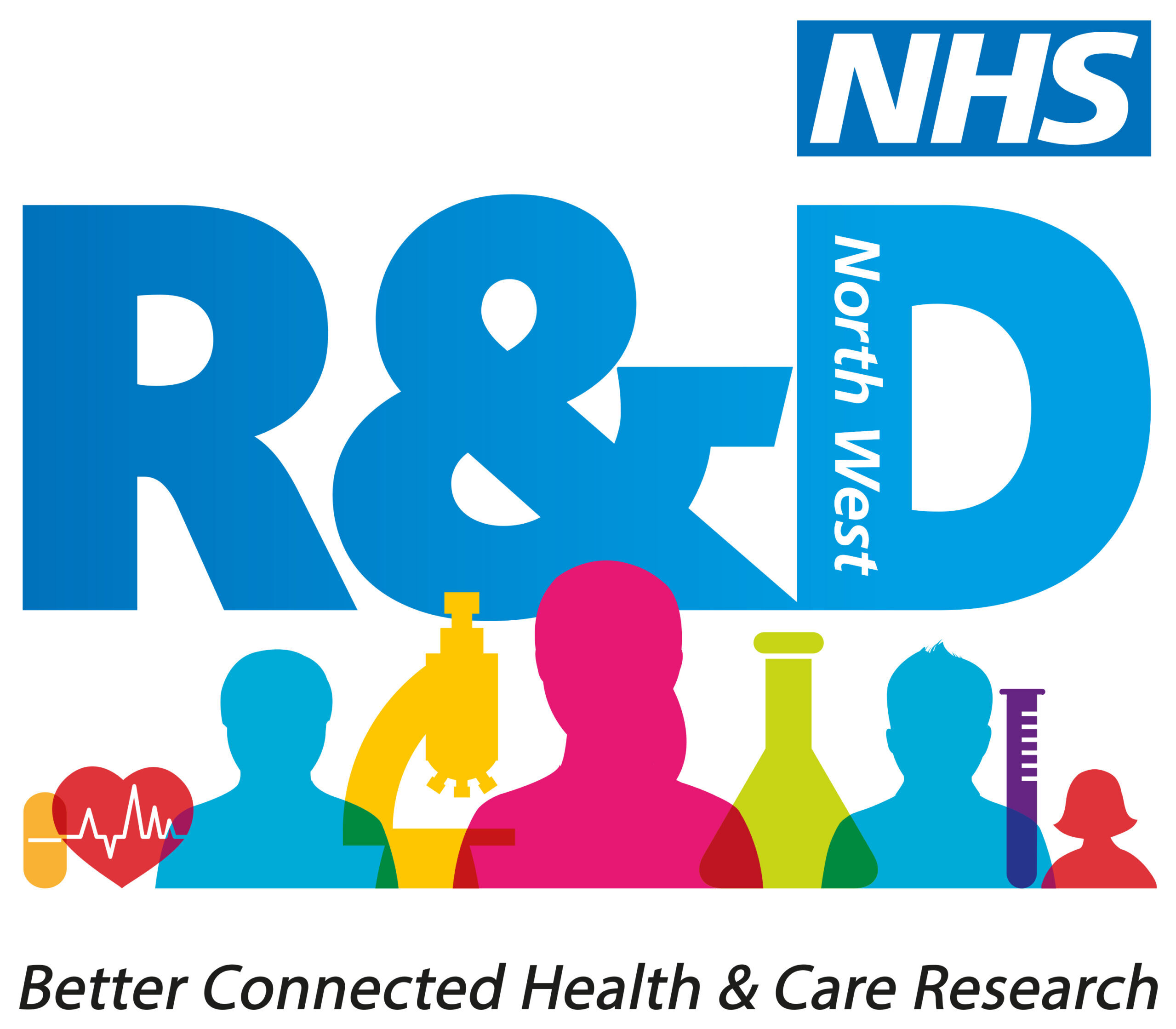
Before NHS R&D North West, there were regional research teams in the NHS throughout the U.K., but they were abolished and centralised.

London, Oxford, and Cambridge were the “golden triangle” where most of the research funding went. NHS R&D North West was launched to challenge this. Our quest began with an aim to bring funding to the North West region for healthcare research.

As well as the “golden triangle” another obstacle was that drug companies thought that the U.K. (including the North West) was not capable of conducting commercial research. The gauntlet was thrown. There needed to be much more collaboration within the NHS in order to challenge this.

Universities and NHS Trusts in the region were also competing for funding. NHS R&D North West encouraged these organisations to come together and form alliances in order to build capacity by combining resources. The Greater Manchester Research Alliance, Research Development Cumbria and Lancashire, and the Merseyside and Cheshire Research Alliances were formed. An Increase in collaborations lead to a massive increase in research funding coming to the region.

For the NHS to get drug companies to give them contracts for commercial research, start up times for clinical trials had to significantly improve. NHS R&D North West worked to half the time it took to set up a clinical trial. The process of how to do this was documented by the Manchester Business School and rolled out to community research groups across the NHS nationwide. This made the NHS globally competitive.

The North West developed a reputation for innovation and collaborative working, so was selected to pilot the Exemplar Programme to “demonstrate that the NHS is a viable environment for commercially sponsored clinical trials.” Once the infrastructure was in place, together with the Manchester Business School, NHS R&D North West were able to present their case to commercial drug companies to great success.
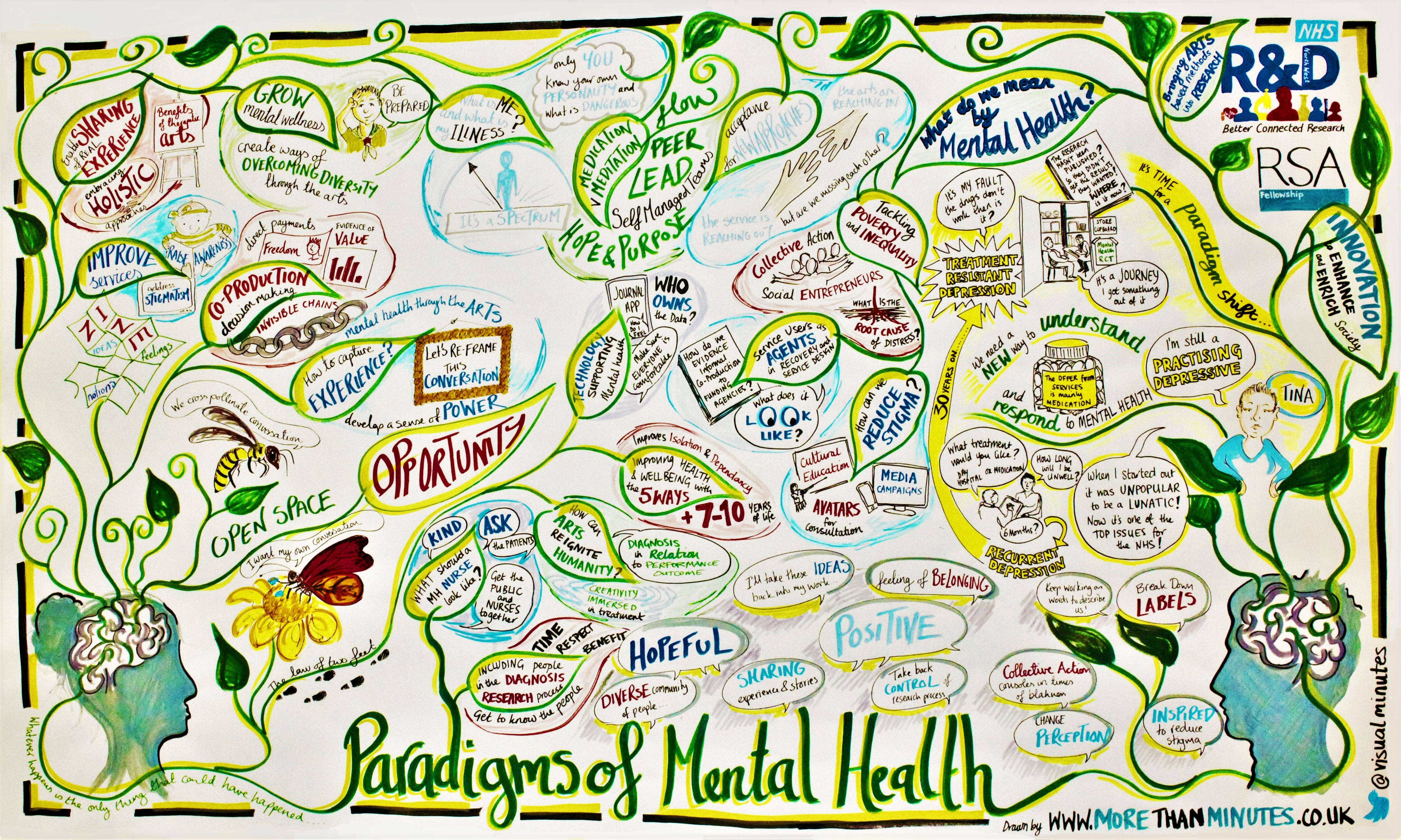
The Catalyst Programme was designed to create an open space where people can explore how they can transform, innovate, and revolutionise research in their area of interest. The programme encourages intellectual creativity and gives people space to develop their ideas with a wider community. The first Catalyst Programme was on the area of infectious diseases.
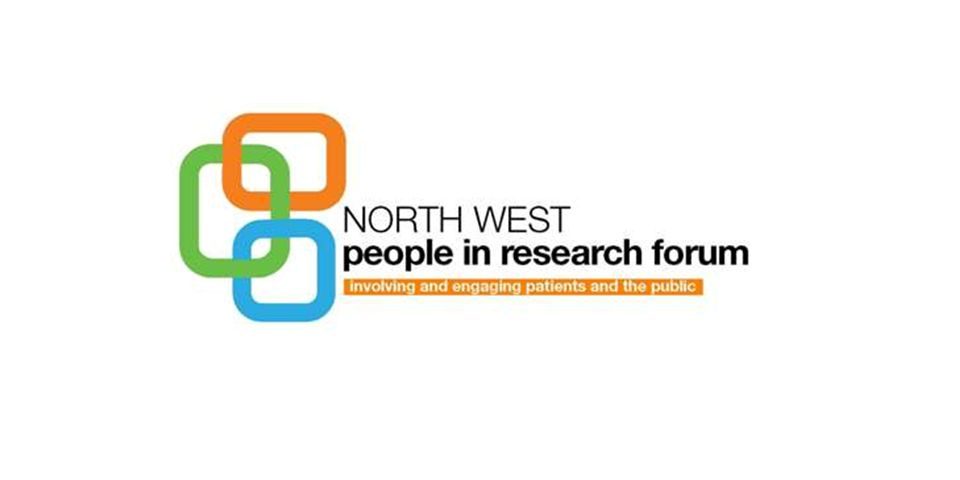
The NW People in Research Forum was set up to include patients and the public in decisions about health care and social care.
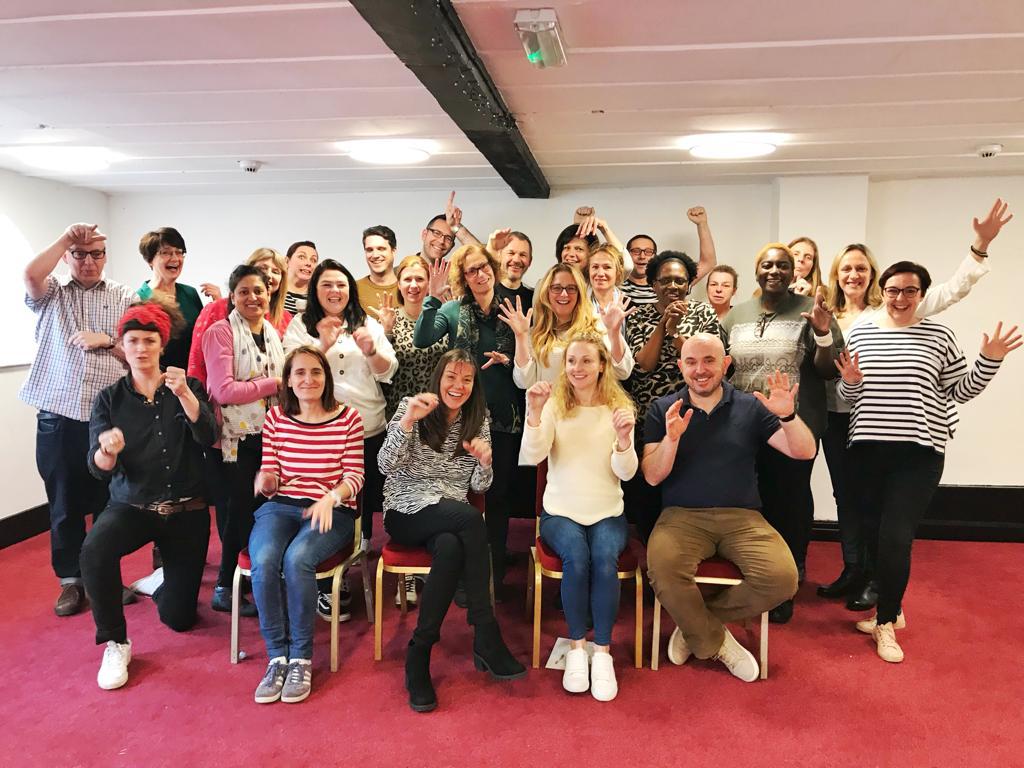
Stuart Eglin, our Director, set up the Releasing Potential Programme. The first programme was working with 24 NHS Clinical Managers in the North West. He was not working with them on managerial skills, but rather on their leadership skills, and how they can work with and change the system around them to create a better culture of research in their organisations. The project was a real game-changer for them.
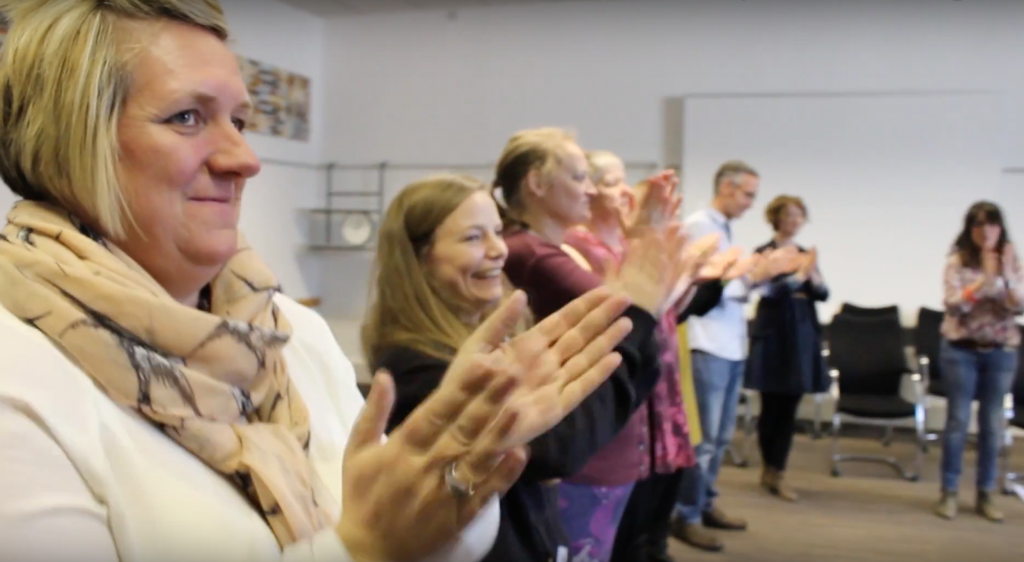
The Creative Learning Academy was launched. The first project was a collaboration with Manchester Camerata and a visual artist exploring organisational change. The NHS R&D North West team collaborated with them to create a panoramic cityscape on canvas to help them create a vision for the future of the organisation.
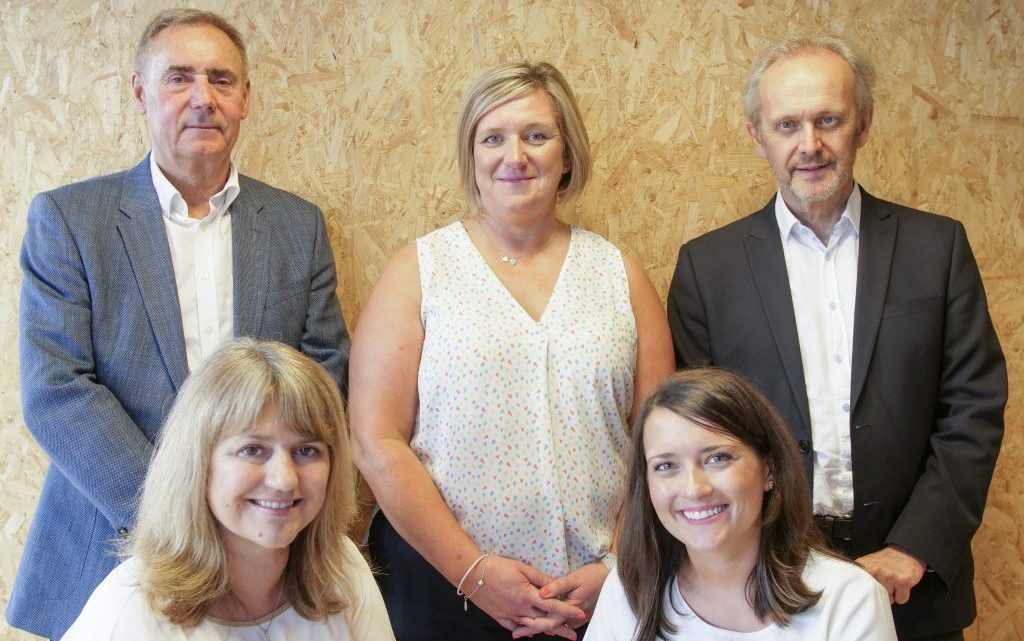
NHS R&D North West was a department in the Strategic Health Authority (SHA). The blow them came that the SHA would be closing down. However – with lots of imagination, creativity, and determination – the team found a way to survive and to continue supporting the innovation and infrastructure of research and development in the North West. They became a devolved function.
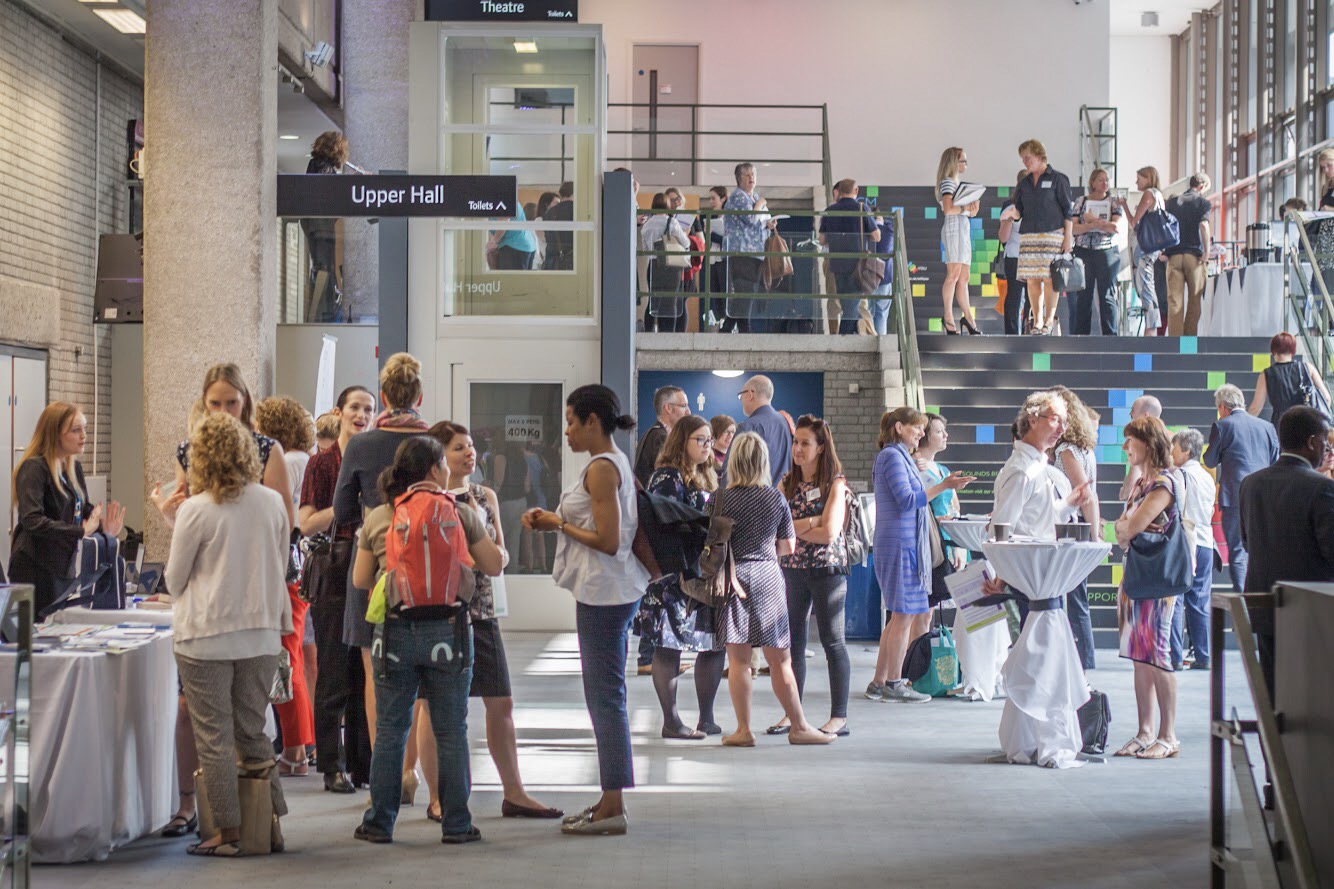
NHS R&D North West launched the Let’s Talk Research conference, an annual 2 day event, focussed on bringing researchers together for collaboration and community. The first conference in 2014 also included a Twitter chat and 3 short films (in collaboration with The Big Comedy Shop) to communicate a research message. These conferences give researchers the opportunity to share and communicate their research. It is also a networking opportunity and chance for them to feel part of a strong community, finding those kindred research spirits.
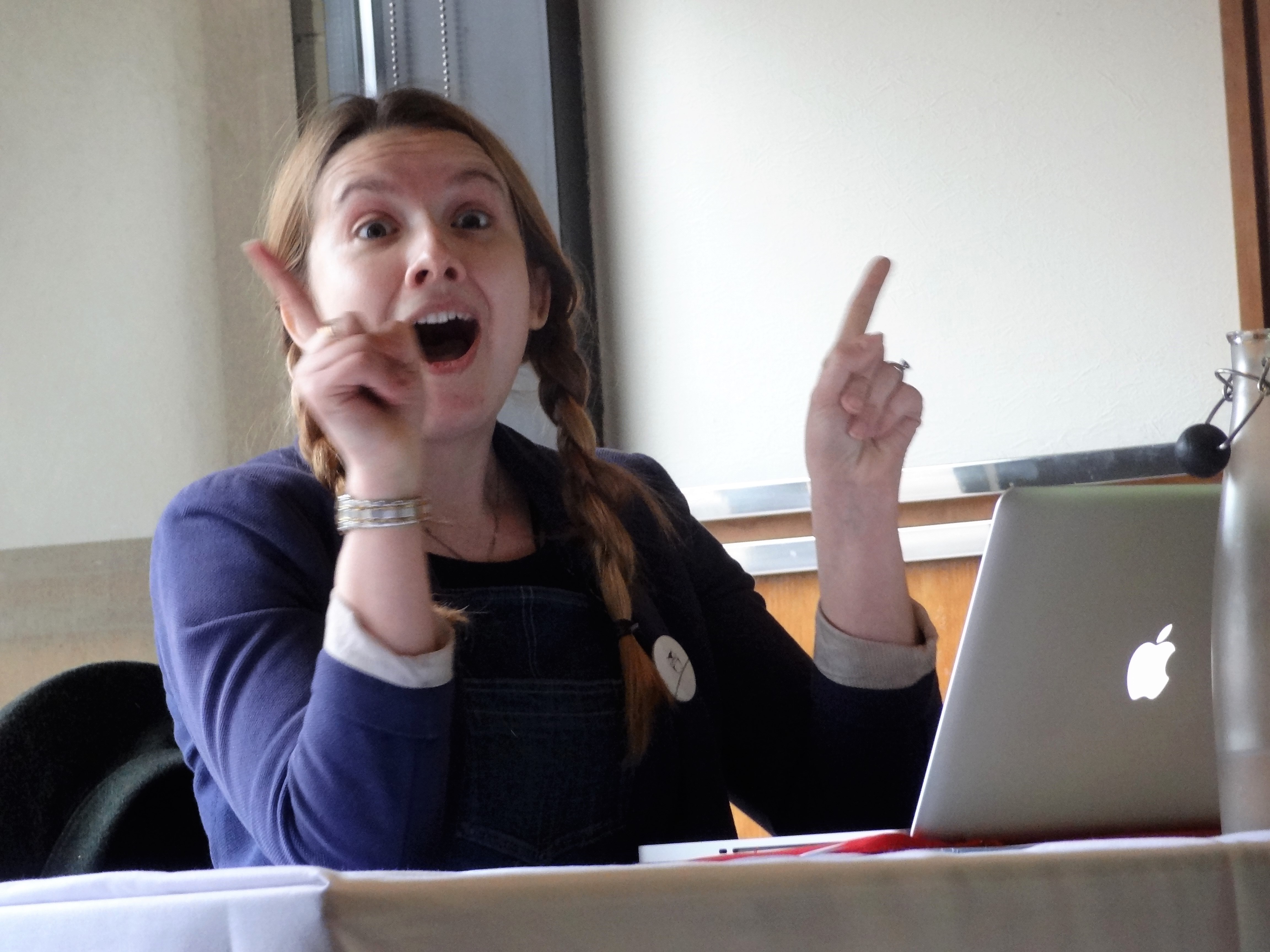
HEE launched a funding stream in 2014 to provide 15 research internships across the North for healthcare professionals who are pre-masters. The internships provide funding to release clinicians from the their clinical practice to gain experience of what it is like to be part of a clinical research environment. The funding also allows interns to participate in a 5 day educational programme.
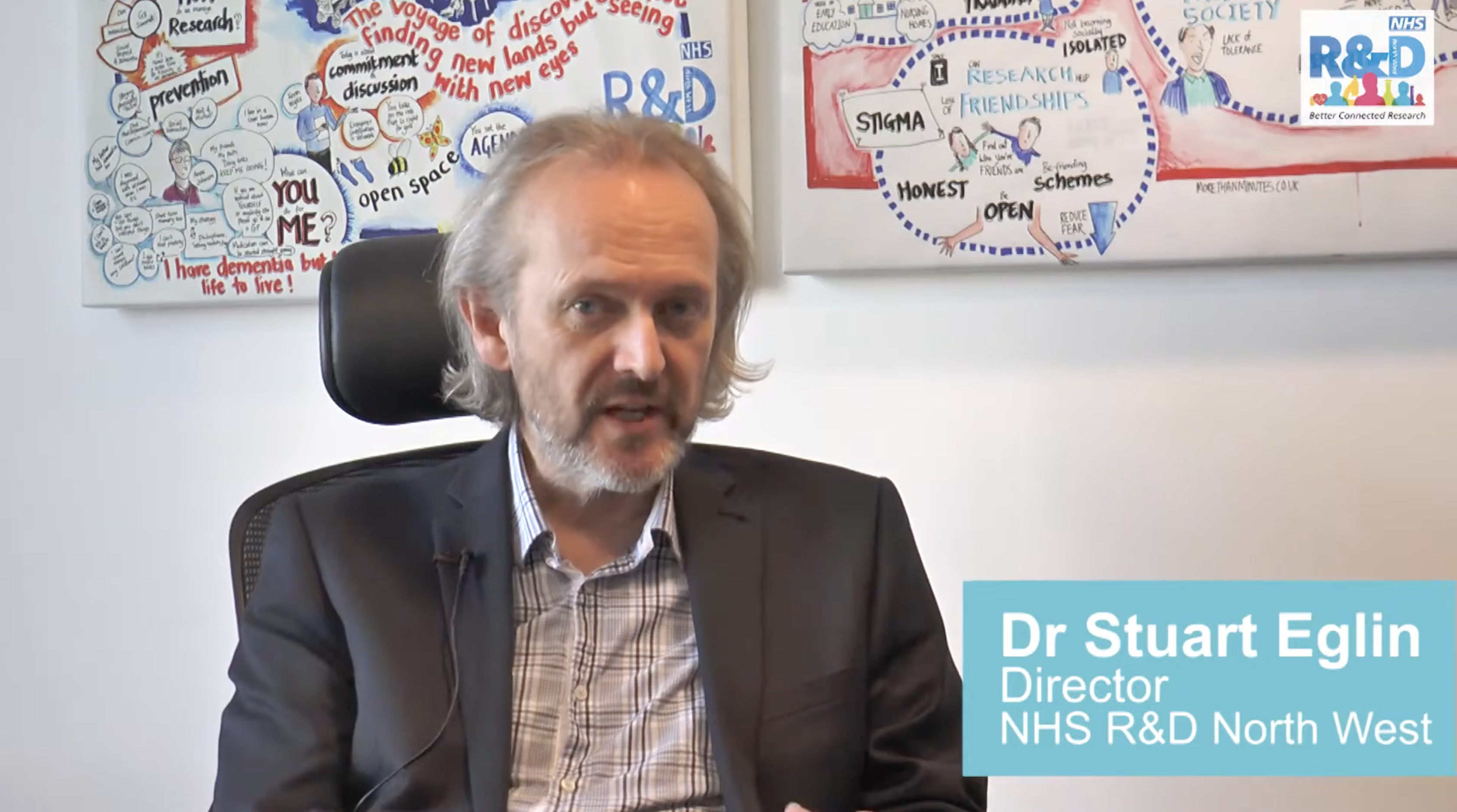
In collaboration with the University of Salford, we developed, filmed, broadcast and evaluated a podcast series. The podcasts aimed to inspire people in the region to get involved in health research. Featuring key leaders and champions who have influenced the health research landscape, the podcasts created a snapshot of the individuals, their roles and challenges, and how they made an impact using their particular approaches and ways of thinking.
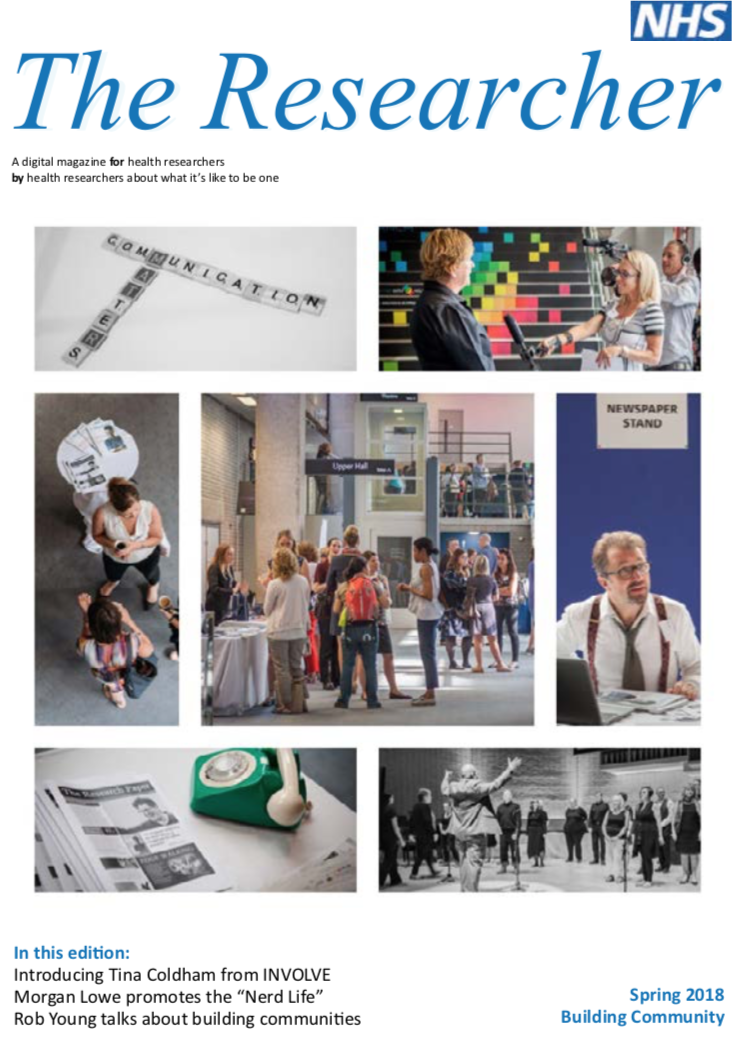
To achieve the aspirational goal of embedding research within practice and increasing the numbers of healthcare professionals actively engaged in research, an urgent need was identified to develop and communicate a highly engaging and energising message about what it means to be a health researcher and to do health research. Working with HEE and NIHR, a new national NHS project was launched to develop a digital online publication designed exclusively for healthcare professionals starting out on their research journey. Funded by HEE for the first three issues, The Researcher was a magazine created by health researchers for health researchers.
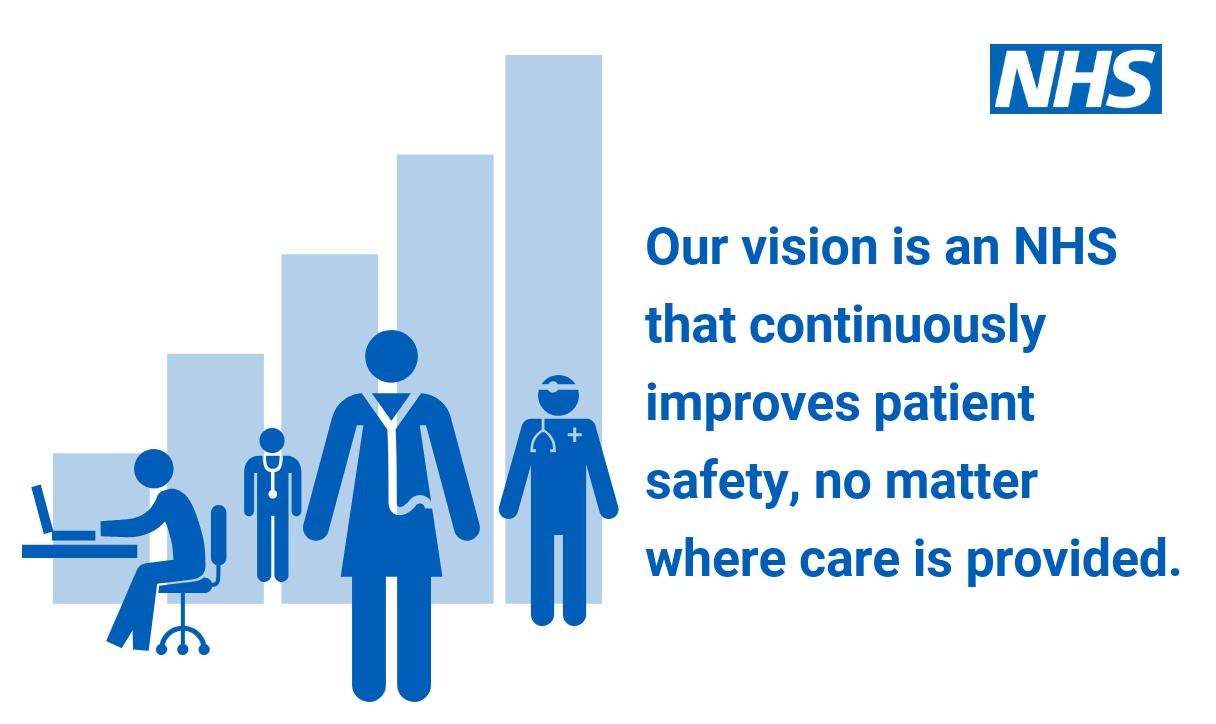
NHS Improvement in collaboration with NHS Horizons Group funded the NHS R&D NW team and Sarah Garrett Consulting to produce a film, comprising a series of vignettes, interviewing 8 key inspirational leaders to help build the next generation of leaders in health and care; specifically, in contributing to the launch of the National Strategy for Leadership Development and Improvement (NLDI). The project aims were to enable those responsible for implementing the NLDI strategy to learn from the practical wisdom and experiences of early improvement leaders in the NHS.
The idea behind the films was to gain stories of practical wisdom from the experiences of early improvement leaders in the NHS; these would enable those implementing the Developing People – Improving Care framework to successfully establish sustainable change and improvement.
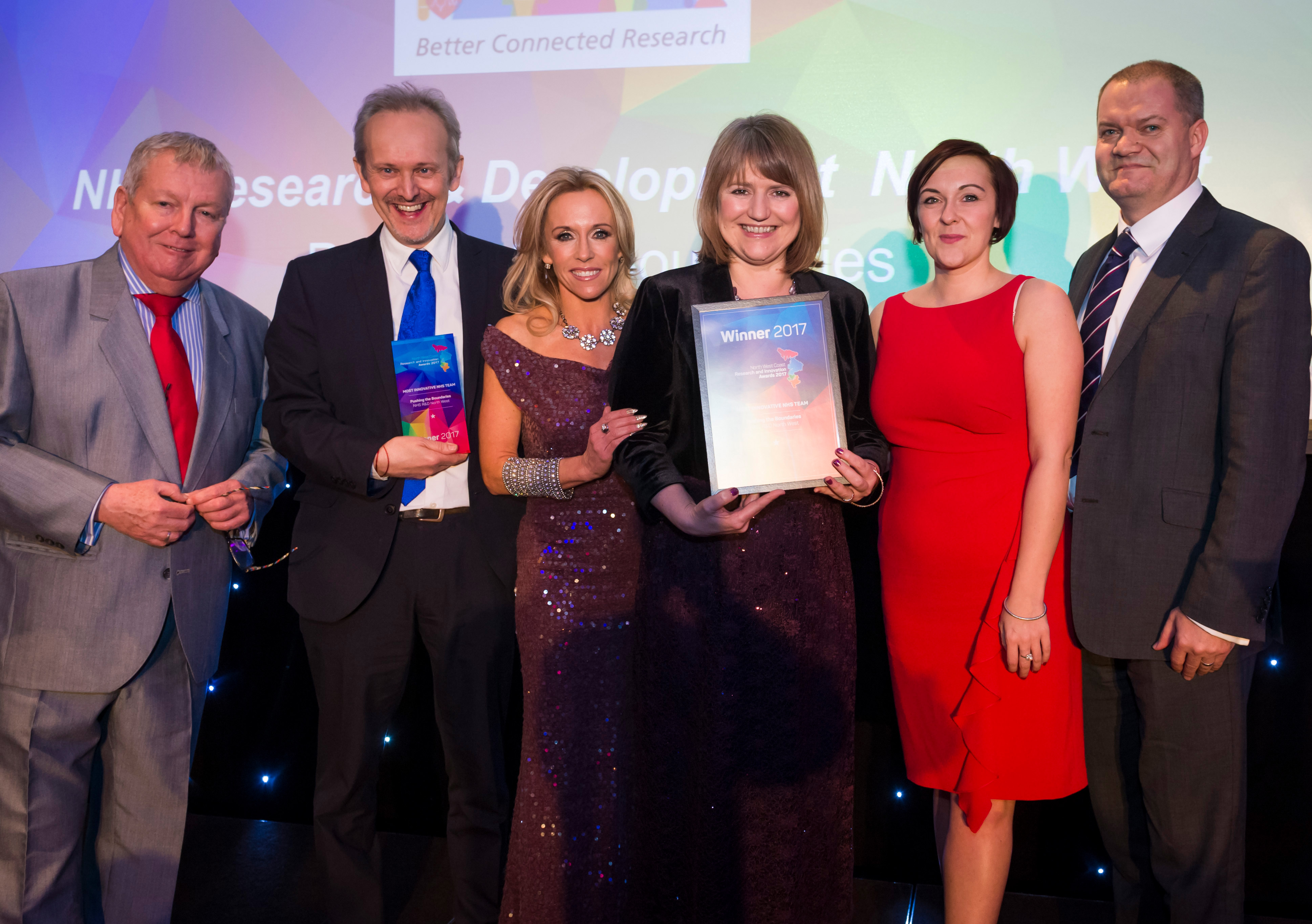
Winners, Most Innovative NHS Team, at the North West Coast Research and Innovation Awards 2017. The North West Coast Research and Innovation Awards 2017 were a collaboration between The Innovation Agency (AHSN for the North West Coast), the NIHR Clinical Research Network North West Coast; and NIHR Collaboration for Leadership in Applied Health Research and Care North West Coast (CLAHRC NWC). The awards celebrated the success and rewarded achievements for the excellent work being undertaken across the region in relation to clinical research and innovation within healthcare.
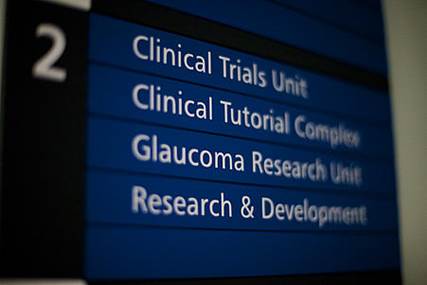
In 2018 HEE launched a new programme on the ICA pathway to help those looking to apply for a doctoral or post doctoral fellowship. The funding of the programme allows bridging fellows to buy out protected time from their clinical role to put together a competitive fellowship application. The programme runs for 6 or 12 months dependent on the fellowship pathway.
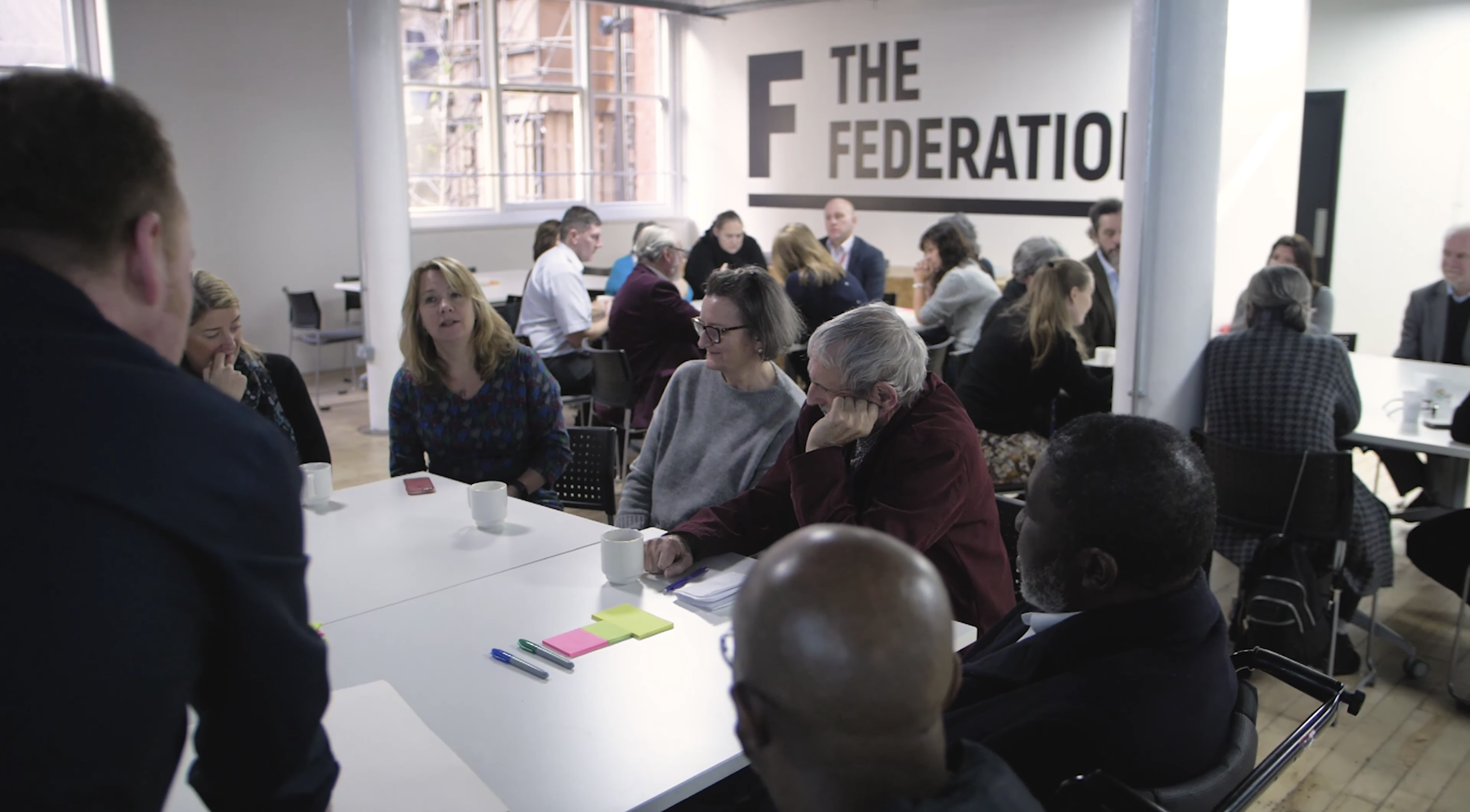
A celebration of the North West People in Research Forum – launched in October 2010 and formally closed December 2017. The North West People in Research Forum was an organisation which was devoted to support patient and public involvement (PPI) and public engagement (PE) in health research in the North West. We supported existing initiatives as well as developing new ones. The Forum worked across the North West – Cumbria, Lancashire, Greater Manchester, Merseyside, and Cheshire.
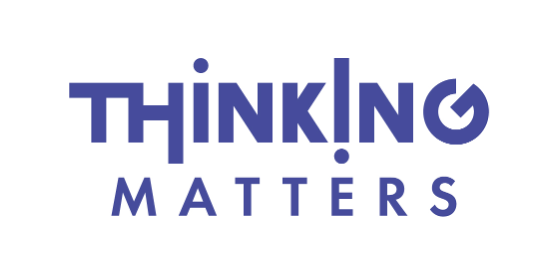
We led the Philosopher in Residence Programme with our partner the Philosophy Department of the University of Liverpool. They took up a 12-month residency with NHS R&D North West, commencing on 1st November 2018. The aim of the residency was to bring philosophical reasoning to some of the key agendas in health and social care by creating opportunities for questioning, critical discussion and rational argument.

HEE North commissioned NHS R&D North West to complete a horizon scanning exercise across the North (NW, NE, Yorkshire &Humber). Our aim was to provide insight into the developmental opportunities available to aspiring and current nurses, midwives and allied health professionals (NMAHPs) early career researchers (ECRs), this to inform HEE future strategy to enable enhanced research capacity and capability building. This work was later used to informed the NMAHPS Research Capacity and Capability Strategy 2021-24.

This year, one of our proudest moments was coming Runner Up for ‘Outstanding Contribution 2019’, in the Greater Manchester Clinical Research Network Awards for our “Wonder Women” podcast series. We were shortlisted for a series of short films about North West women who work in health and social care. At the core of NHS R&D North West is a passion to make research more accessible. We did this by revealing a dormant truth, that our industry is populated by warm, witty and welcoming people, many of whom are women.

UK announces first full COVID lockdown for all four UK nations. NHS R&D North West reviews its work programme and makes resources available to support the NHS frontline COVID effort. This includes staff taking up roles in support of frontline NHS delivery and also refocussing to deliver coaching, mentoring support to those NHS staff placed in senior management roles for the first time.

On the 30th June 2020, NHS R&D NW officially went fully digital for the duration of COVID and surrendered its office base at Federation House in Manchester. For the first time, we were fully non office based and all work programmes were delivered digitally online through Zoom and Google Jamboard.

Launch of three-year NMAHPs Research Capability and Capacity Strategy. A collaborative work programme designed to increase opportunities for early career researchers across the health and care spectrum. A collaborative NW partnership between HEE, NW Regional CRNs and NHS R&D North West.
